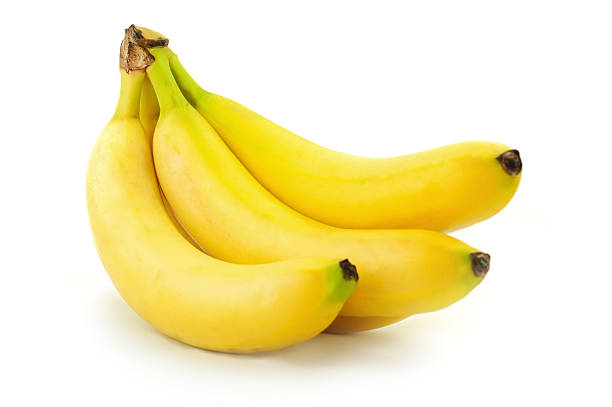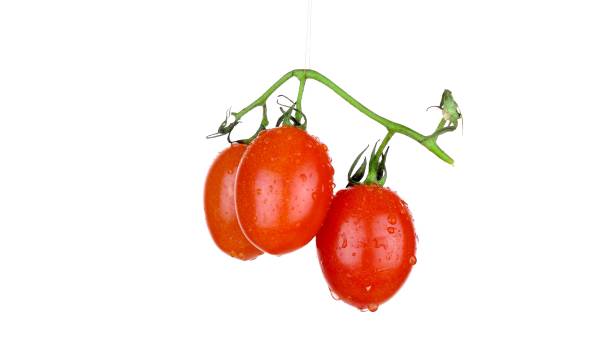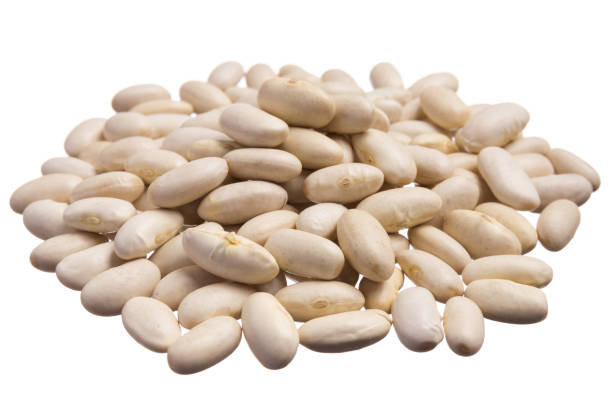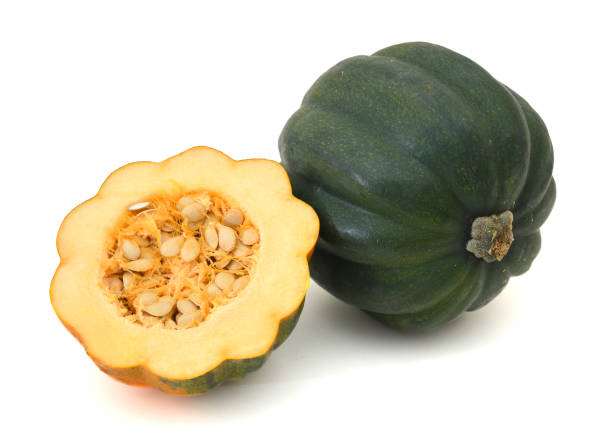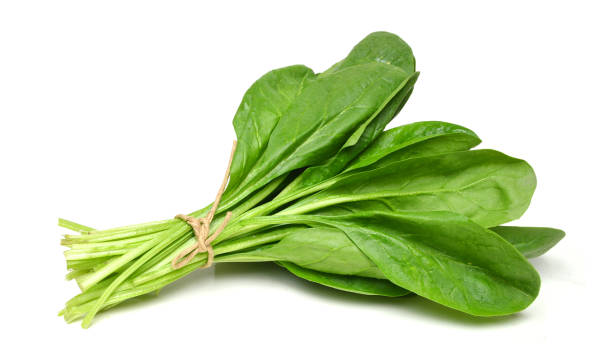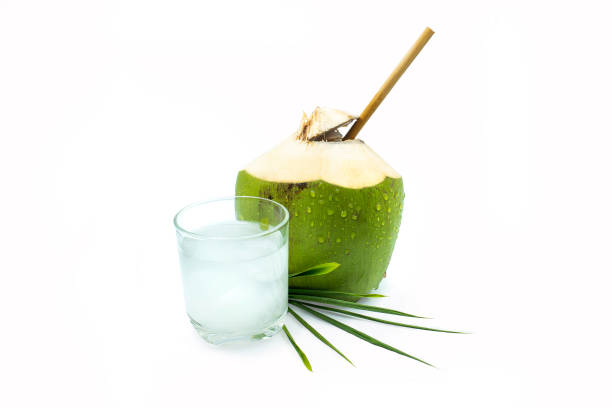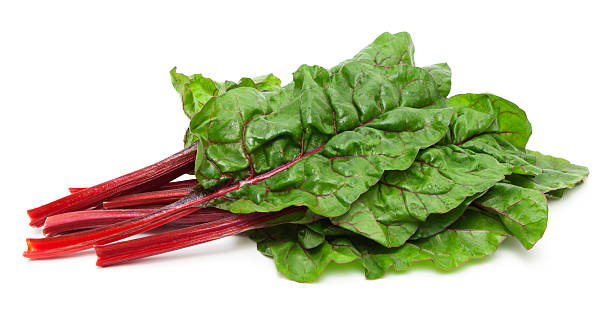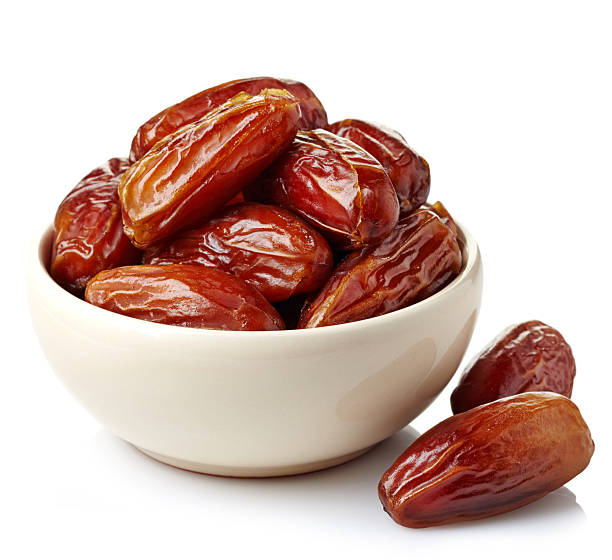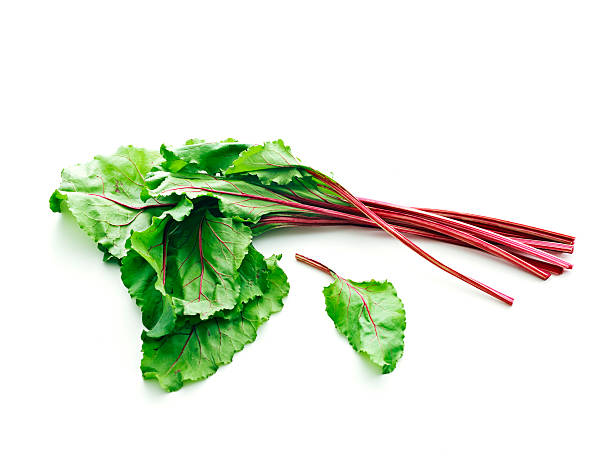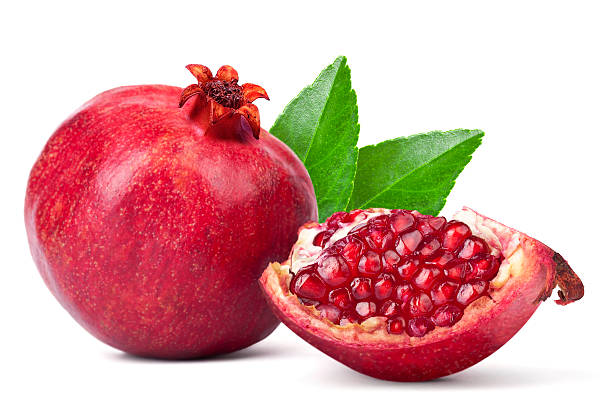Welcome to Fitness Deciphers…!!!
Do you want to increase your daily potassium intake?
Don’t worry.
Here, we will list down the best foods high in potassium.
Since the world has learned about the potassium benefits, people wish to include more potassium in their diet.
There are two main ways to do so.
The first is to consume potassium supplements and the second is to consume potassium-rich foods.
However, it is always beneficial to consume potassium from its natural sources.
And to do that, we have to know about the foods that contain potassium…right?
But before we list down the natural sources of potassium, let’s get a rough idea about potassium.
Let’s start.
Table of Contents
1. What is Potassium?
Potassium is one of the important and essential minerals that every cell of our body needs.
It is also considered an electrolyte because it carries a small electrical charge that activates various nerve and cell functions.
Our body can’t produce potassium on its own and therefore, we have to take it externally either from foods or supplements.
But we are fortunate that there are lots of foods that are rich in potassium.
Here, you have to ensure that you consume the right amount of potassium i.e, no more or no less because both can create many health problems.
2. What is The Recommended Intake of Potassium?
For men, 14-18 years of age, the DRI (Daily Recommended Intake) is 3,000 mg and for men, above 19 years daily intake of potassium should be 3,400 mg.
For women 14-18 years of age, the DRI for potassium is 2,300 mg daily.
Women above 19 years should consume 2600 mg of potassium daily.
For pregnant and lactating women, the potassium DRI ranges from 2,500-2,900 mg depending on their age.
However, the precise DRI value for potassium is given in the below table.
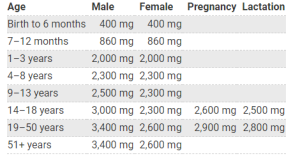
( Source: National Institute of Health – USA)
We can easily fulfill these DRIs by regularly consuming foods that are high in potassium.
Here, you have to keep in mind that these values are for a healthy individual.
If anyone is suffering from certain health problems then potassium DRI values may differ.
Now, let’s understand the symptoms of potassium deficiency.
3. What are The Symptoms of Potassium Deficiency?
One thing I feel wonderful about our body is that it provides us several signals whenever there is something wrong with it.
The same applies to potassium deficiency.
When our diet lacks potassium-rich foods, we have to face the problem of potassium deficiency.
The signs of potassium deficiency are,
- Extreme fatigue
- Increased urination
- Muscle spasms and muscle cramps
- Irregular heartbeats
- Constipation
- Nausea & vomiting
- Confusion
(Source: healthdirect.gov.au)
Now, we will discuss the role of potassium in our body.
4. What is The Key Role of Potassium In Our Body?
By mentioning all these benefits, I want to encourage you to maintain the proper amount of potassium in your body.
Let’s start.
1) Potassium may help in preventing strokes
2) It keeps your bones strong and prevents bone-related diseases
3) Studies show that potassium citrate lowers the calcium levels in the urine and hence prevent the risk of kidney stone.
4) It also helps us to keep our hearts healthy.
5) It also lowers high blood pressure.
6) Potassium helps in maintaining fluid balance and regulating muscle and heart contraction.
7) It is necessary for the cells and nerves to function properly.
8) It also helps in flushing the extra sodium from the body through urination.
These are some health advantages of potassium.
If you want all these benefits, you should start consuming potassium-rich foods.
Now, we will discuss foods that contain high amounts of potassium.
Disclaimer: If your potassium level is already high, you must avoid these foods.
Let’s start.
5. List of The Best Foods High in Potassium
This list includes various fruits, vegetables, nuts, beans, etc that are high in potassium.
The value of potassium content in each food has been sourced from the USDA (United States Department of Agriculture)
1) Banana
Banana is one of the best food sources of potassium. 100 grams of banana can provide you with 358 mg of potassium.
A medium-sized banana can deliver 420 mg of potassium which is almost 12% of your daily value.
And that’s why consuming bananas regularly will provide you sufficient amount of potassium.
Since bananas are high in potassium, they are recommended for people suffering from high blood pressure.
Apart from potassium, they are also a good source of folate, carbs, niacin, dietary fiber, and copper.
2) Tomatoes (raw/juice/puree)
Fresh tomatoes are very much high in potassium.
One medium-sized raw tomato can provide you with 292 mg of potassium.
But according to health experts, if your primary concern is potassium then you should consume concentrated tomato products such as its juice or puree.
Because tomato puree and juice will provide you with more potassium.
For example, one cup of tomato juice contains 527 mg and half a cup of tomato puree contains 549 mg of potassium.
Here, I am not recommending tomato sauce and other similar products.
No, you should not eat them because such products contain sugar, preservatives, additives, etc that can harm your health.
Sun-dried tomatoes are even richer in potassium. Just half a cup of sun-dried tomatoes contains 925 mg of potassium.
Apart from potassium, tomatoes are also rich in vitamin C and lycopene.
That’s why you should definitely include tomatoes in your diet.
3) Navy Beans
Navy beans are legumes that are also known as pearl haricot beans or Boston beans.
They are undoubtedly a great source of potassium.
100 grams of raw and sprouted navy beans contain 307 mg of potassium.
One cup of navy beans (198 grams) can provide you with 600 mg of potassium which is almost 16% of the daily value.
Not only the navy beans but other beans such as lima beans, kidney beans, pinto beans, soybeans, etc are very much rich in potassium.
Buy Canned, vegan, non-GMO, and gluten-free Navy Beans HERE.
4) Sweet Potatoes
100 grams of sweet potatoes can provide you with 337 mg of potassium.
A medium-sized baked sweet potato contains 542 mg of potassium which is almost 12% of the daily value.
Sweet potatoes are not only rich in potassium but they are also rich in complex carbs, dietary fiber, and vitamin A.
Since sweet potato is low in fat, you can consume this tasty vegetable without worrying about your weight.
5) Dried Apricots
Dried apricots are among the best fruits that are rich in potassium.
100 grams of dried apricot can provide you with 1162 mg of potassium.
Half a cup of these orange-colored dried apricots contains 1,101 mg of potassium which is almost 30% of the daily value.
You can add them to your salads as well as in main meals.
Buy Sun-Dried 100% Organic Apricots Here
Along with potassium, dried apricots are also rich in iron and other essential antioxidants.
6) Acorn Squash
Squash comes in various varieties and most of them are available all the year.
Among them, acorn squash is very much rich in potassium.
According to USDA, acorn squash contains 347 mg of potassium per 100 grams.
One cup of cooked acorn squash contains 896 mg of potassium which is almost 24% of the daily value of potassium intake.
Along with potassium, acorn squash is also rich in calcium, vitamin A, folate, and fiber.
You can easily use them any various recipes.
7) Spinach
Spinach is one of the most available and inexpensive leafy vegetables all around the world.
It is also one of the best vegetables high in potassium.
100 grams of spinach contains 466 mg of potassium.
One cup of spinach can provide you with 839 mg of potassium which is 23% of the daily value.
Not only spinach but all green leafy vegetables are high in potassium.
Spinach is also a very good source of vitamin k, vitamin A, and folate.
You can consume spinach as boiled leaves in salad and/or in the form of soup.
8) Cod Fish
Cod fish is one of the best natural sources of potassium.
100 grams of cod can provide you with 413 mg of potassium.
Half a fillet (154 grams) of cooked cod contains 620 mg of potassium which is nearly 17% of the daily value of potassium.
Cod fish is also a good source of omega-3 fatty acid which is extremely helpful for brain functions and reducing heart problems.
Not only cod fish but halibut, mackerel, tuna, salmon, pollock, haddock, etc are also rich in potassium.
So, you can also add these fish in your diet to maintain the proper potassium levels in the body.
9) Coconut Water
Coconut water is one of the best foods high in potassium.
100 ml of coconut water can provide you with 250 mg of potassium.
One cup of coconut water contains 650-700 mg of potassium which is almost 13% of the daily value for potassium.
Many athletes and bodybuilders prefer it drinking before or after exercise because it is a great source of energy.
Apart from potassium, coconut water is also a great source of magnesium, manganese, calcium, and sodium.
Packaged organic coconut water is also available on the market.
10) Swiss Chard
Swiss chard is one of the best foods rich in potassium.
It is a member of green leafy vegetables and commonly known as silverbeet and comes with a thick stalk.
The color of the stalks varies from red, and orange to white.
100 grams of swiss chard contains 549 mg of potassium.
One cup of swiss chard contains 961 mg of potassium which is almost 20% of the daily value.
Here, you have to note that if you are suffering from kidney diseases then you should not consume swiss chard.
Because swiss chard contains oxalates which prevent the absorption of calcium in the kidney and may worsen the problem.
Apart from potassium, swiss chard is also very high in magnesium, iron, vitamin A and vitamin C.
You can easily steam swiss chard and include it in various salads.
11) Potassium Chloride
Potassium chloride is one of the alternatives to normal table salt.
After knowing the harmful effects of sodium chloride (NaCl) on the heart and blood pressure, people were told to use potassium chloride (KCl).
Just 700 mg of potassium chloride can provide you with 365 mg of potassium which is nearly 10% of the daily value.
Disclaimer:
Since KCl is extremely high in potassium, you should avoid it if you are suffering from liver or kidney diseases or always consult your healthcare expert before using it.
Potassium chloride is easily available on the market or in any other local store.
You can also add this powder to a glass of water and drink it.
12) Dates
Dates are full of essential nutrients. They are also a high source of potassium.
100 grams of dates contain 656 mg of potassium.
Dates are also said to have 50% more potassium than bananas.
A cup serving of dates can provide you with 1300 mg of potassium which is nearly equal to 36% of the daily value of potassium.
Dates are also very much rich in iron and they are also considered one of the best hemoglobin-increasing foods.
Apart from dates, other dried fruits such as raisins (749 mg per 100 gms), prunes (732 mg per 100 gms), and figs (680 mg per 100 gms) are also high sources of potassium.
13) Beet Greens
Everyone seeks to eat beetroot but there are a few people who are aware of the importance of beet greens.
Beet greens are one of the best foods that are rich in potassium.
100 grams of beet greens contain 762 mg of potassium.
Eating a bowl of cooked beet greens can provide you with 1400-1500 mg of potassium which is the same as 40% of the daily value of potassium.
One of the best advantages of beet greens is they are almost zero in fat and free from cholesterol.
Apart from potassium, beet greens are also rich in manganese, copper, iron, calcium, and vitamin K.
You can easily cook them and enjoy them with eggs or tasty pasta.
14) Milk
Milk is one of the most important dairy products in the world.
Milk is extremely healthy for us and also full of nutrients.
When it comes to potassium, we can’t neglect this high potassium food.
A cup of nonfat milk can provide you with more than 400 mg of potassium.
So, by drinking just a cup of nonfat milk, you can get 11% of the daily required potassium.
Not just milk but yogurt is also a high source of potassium, you can include both these dairy products to increase your potassium intake.
15) Pomegranate
You might have noticed that doctors often recommend heart patient drink pomegranate juice.
One of its reasons is that pomegrante is very much rich in potassium.
100 grams of pomegranate red seeds can provide you with 236 mg of potassium.
One whole pomegranate fruit (282 grams) gives you 658 mg of potassium which is the same as 14% of its daily value.
Along with potassium, pomegranates are also rich in folate, vitamin k, and vitamin C.
You can eat them raw or drink their juice.
=> The Other Foods High in Potassium
- Sunflower kernels
- Turkey
- Artichoke
- Avocado
- Chinese cabbage
- Parsnips
- Potatoes
- Kiwi fruit
- Passion fruit
- Watermelon
- Nectarines
These are a few foods that are high in potassium.
If you consume these foods regularly, you can easily ensure a sufficient amount of potassium in your body.
6. Should You Use Potassium Supplements?
Well, the simple answer is NO.
Look, potassium is not a very rare kind of nutrient for which you have to use supplements.
You can easily get it from various foods.
Taking unnecessary potassium supplements can also cause hyperkalemia in which you suffer from chest pain, stomach pain, irregular heartbeats, etc.
But yes, if you are suffering from extreme potassium deficiency, consult your health expert and then you can go for potassium supplements.
=> Conclusion For High Potassium Foods
When we want to increase the potassium levels in the body, choosing the right foods is very important.
Here, we have discussed the best potassium-rich foods.
By including these foods in your regular diet, you can definitely maintain sufficient potassium levels in the body.
If you have any questions related to high potassium foods, you can ask me in the comment box.
If you like this article, share it with your friends.
Thanks for reading…!!!
